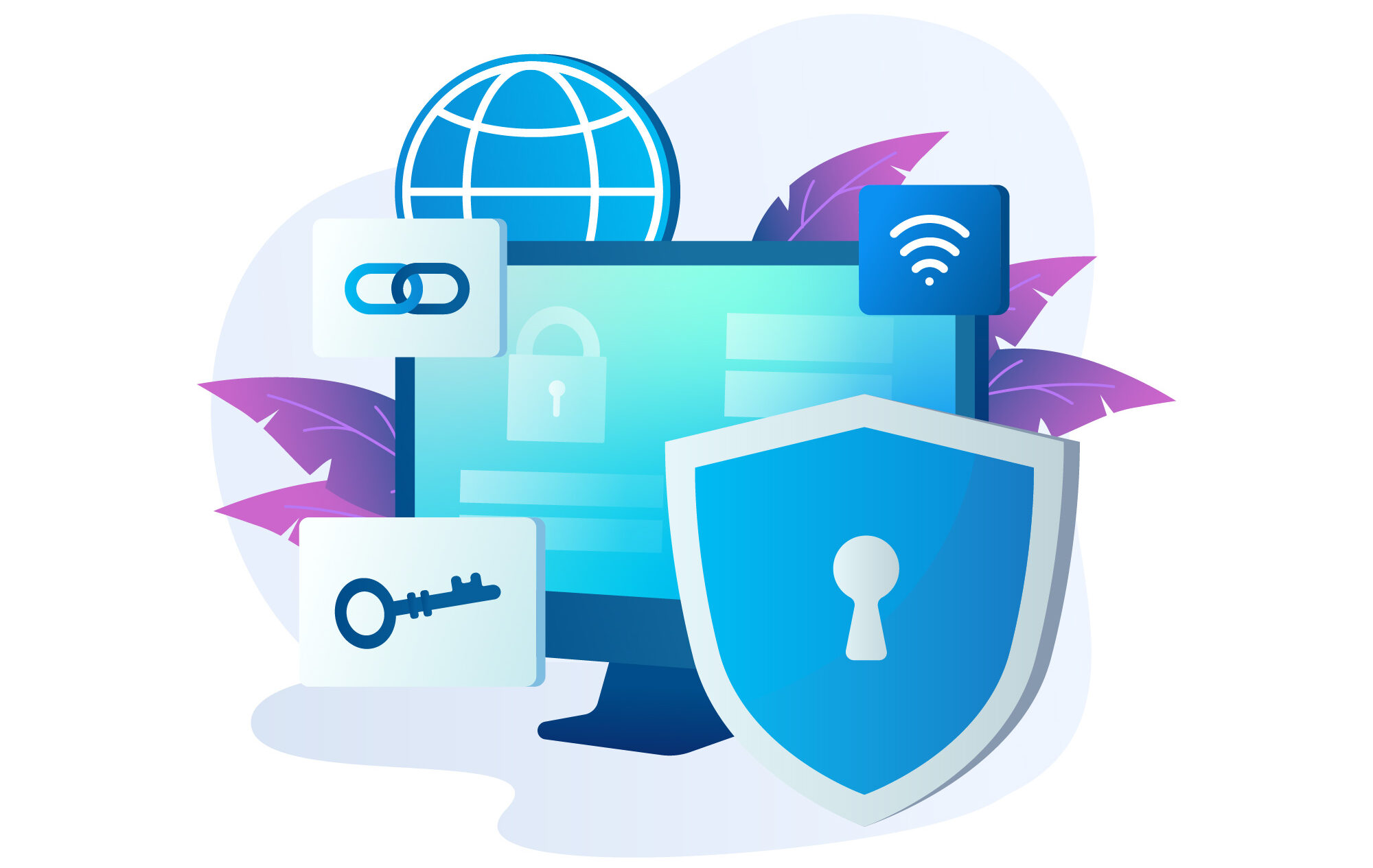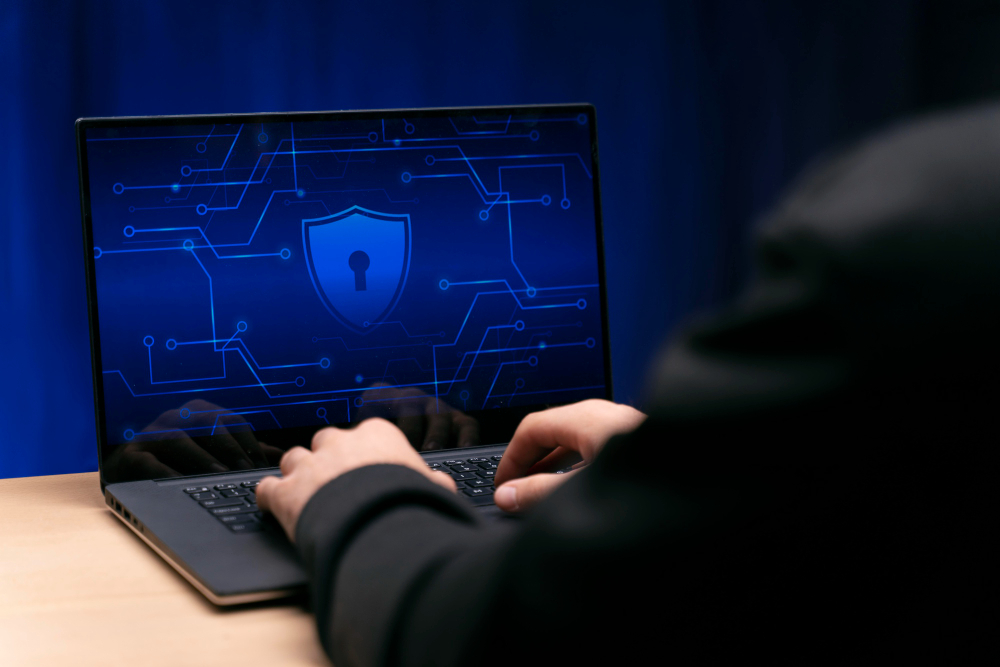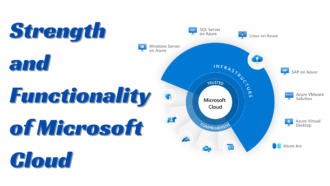VPN: What is it, How to use it, and its Benefits?
- 1 Using A VPN In Russia
- 2 Some of the benefits of VPNs are as follows:
- 3 Here are some of the VPN options available:
- 3.1 OpenVPN:
- 3.2 WireGuard:
- 3.3 Virtual Private Network (VPN) scanner:
- 3.4 L2TP/IPsec:
- 3.5 SSTP:
- 3.6 PPTP:
- 3.7 IKEv2:
- 3.8 Stealth VPN:
- 3.9 Double VPN:
- 3.10 Dedicated IP VPN:
- 3.11 Free VPN:
- 4 Conclusion
A VPN, or Virtual Private Network, is a secure connection between two devices that transmits data and traffic securely over a public or shared network, such as the Internet. It enables users to access websites, apps, and services while ensuring the privacy and security of their data and browsing activity. Individuals and businesses use VPNs to protect their data and prevent cyberattacks.
Using A VPN In Russia
A VPN (Virtual Private Network) is a great way to increase online security and privacy. It allows you to securely access the internet from a different location, disguising your IP address and keeping your data safe from hackers and malicious third parties.
To use a VPN, you must first sign up for a provider and choose a suitable plan. Once you have done this, you can download the appropriate software for your device. VPN providers offer dedicated apps for various devices, making finding a suitable VPN solution for Macs, PCs, smartphones, and even routers easy.
Once installed, open the VPN software and log in with your credentials. You will then be able to choose a server to connect to. Once connected, you can securely access the internet from behind the VPN, and your IP address will be masked.
Remember to always disconnect from the VPN once you have finished using it, as leaving it running all the time can hurt your device’s performance.
Some of the benefits of VPNs are as follows:
VPNs (Virtual Private Networks) provide several benefits to users. They allow users to access the internet anonymously, encrypt the data they transmit, and protect the user from potential cyber-attacks. VPNs also allow users to access geo-restricted content, bypassing censorship and allowing access to content worldwide. Additionally, VPNs protect users from having their data tracked or sold by ISPs (Internet Service Providers). As an added benefit, VPNs can allow users faster internet speeds when streaming or downloading content. These benefits make VPNs a valuable tool for staying secure and having unrestricted access to the internet.
A VPN (Virtual Private Network) provides a secure and private connection between a user’s device and the internet by routing the user’s internet traffic through an encrypted tunnel. Many VPN options are available; we mention some of the top VPNs below.
Here are some of the VPN options available:
OpenVPN:
OpenVPN is an open-source VPN protocol with high security and flexibility. Many VPN providers widely use it.
WireGuard:
WireGuard is a newer VPN protocol that aims to be faster, simpler, and more secure than other VPN protocols. It is becoming increasingly popular among VPN providers.
Virtual Private Network (VPN) scanner:
A tool that scans for potential vulnerabilities in a network’s security protocols, allowing administrators to detect any possible threats before they become a problem. Scanners can analyze a network’s traffic, see malicious activities, and alert administrators to potential weaknesses. Using a VPN scanner, administrators can patch any vulnerable areas of the network and ensure its security. In addition, scanners can detect anomalies in the network, alerting administrators to any potential intrusions.
L2TP/IPsec:
L2TP (Layer 2 Tunneling Protocol) is a VPN protocol that provides a high level of security, while IPsec (Internet Protocol Security) provides authentication and encryption. Together, L2TP/IPsec provides a secure and reliable VPN connection.
SSTP:
SSTP (Secure Socket Tunneling Protocol) is a VPN protocol that provides a secure and private connection between a user’s device and the internet. Microsoft developed it, and Windows users often use it.
PPTP:
PPTP (Point-to-Point Tunneling Protocol) is an older VPN protocol that is not as secure as newer protocols but is still widely used.
IKEv2:
IKEv2 (Internet Key Exchange version 2) is a VPN protocol that provides high security and is often used on mobile devices. It is fast, reliable, and can reconnect quickly if the connection is lost.
Stealth VPN:
A stealth VPN is a type of VPN that is designed to bypass firewalls and other forms of internet censorship. It uses obfuscation techniques to hide VPN traffic and make it appear as regular internet traffic.
Double VPN:
A double VPN (a multi-hop VPN) routes traffic through two or more VPN servers, providing an extra layer of security and privacy.
Dedicated IP VPN:
A dedicated IP VPN provides a user with a dedicated IP address, which can be helpful in certain online activities, such as online banking or accessing work networks.
Free VPN:
Many free VPNs are available, but they may need to be more secure and reliable than paid VPNs. Free VPNs may also log user data and sell it to third parties, so choosing a reputable provider is essential.
Secure Access Service Edge (SASE), Virtual Private Network (VPN), Cloud VPN, Mobile VPN, and SSL VPN are the main options that can be used as Virtual Private Network (VPN). SASE is designed to be a more efficient alternative to VPNs and provides an experience similar to being directly connected to the enterprise network, enabling easy access to internal resources. VPN is software that helps protect your information from being accessed by others and can be used for various reasons. Cloud VPN is a virtual private network that securely connects users to a cloud-based infrastructure or service. A mobile VPN allows joining a secure private network.
Lastly, SSL VPN is a type of VPN that uses the SSL protocol to secure the connection between the user and the VPN server.
Conclusion
A VPN provides a secure connection to the Internet, allowing you to access the web with privacy and anonymity. It also includes access to geo-blocked content and websites and enhanced privacy and security. A VPN is beneficial for anyone who wishes to stay secure online and browse the web with peace of mind.



















